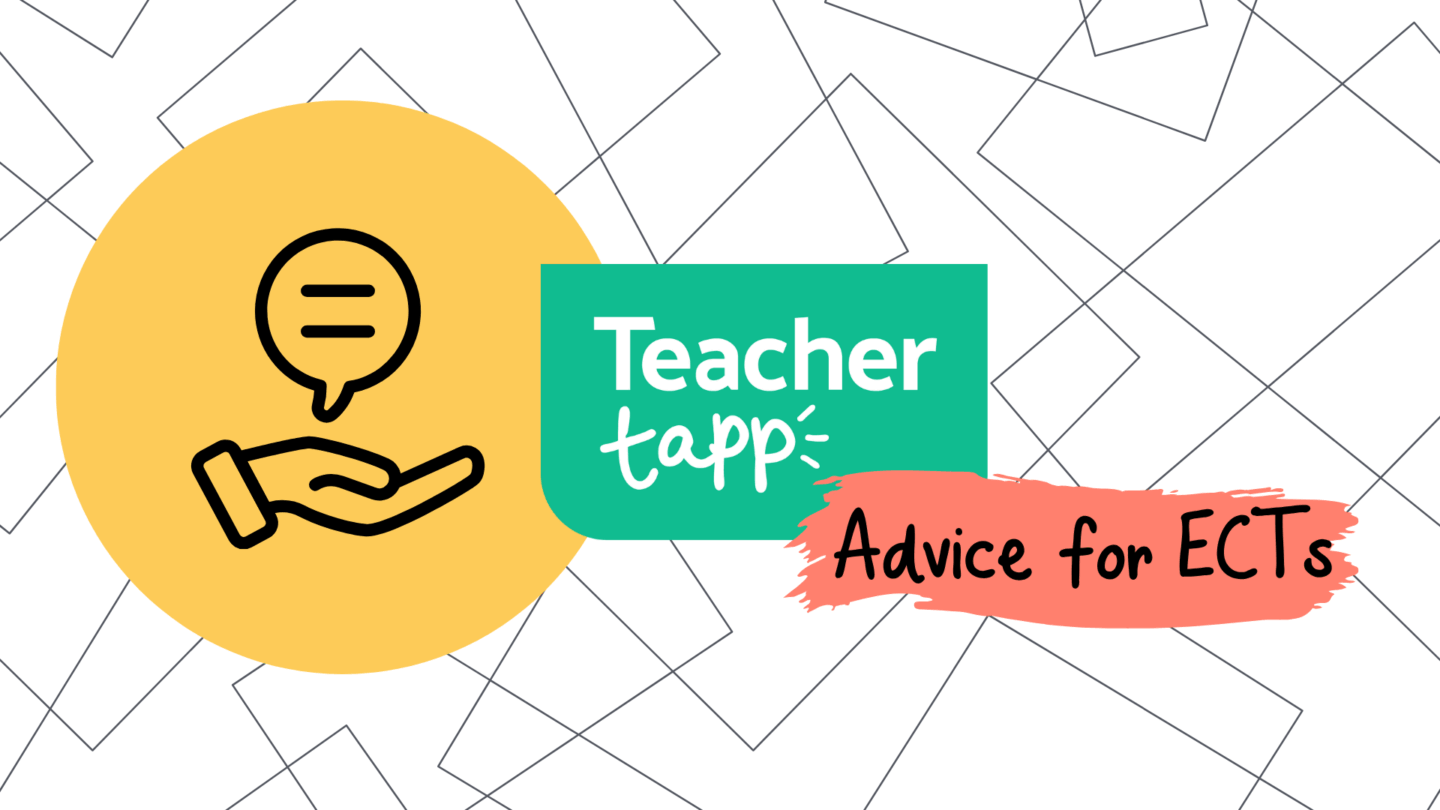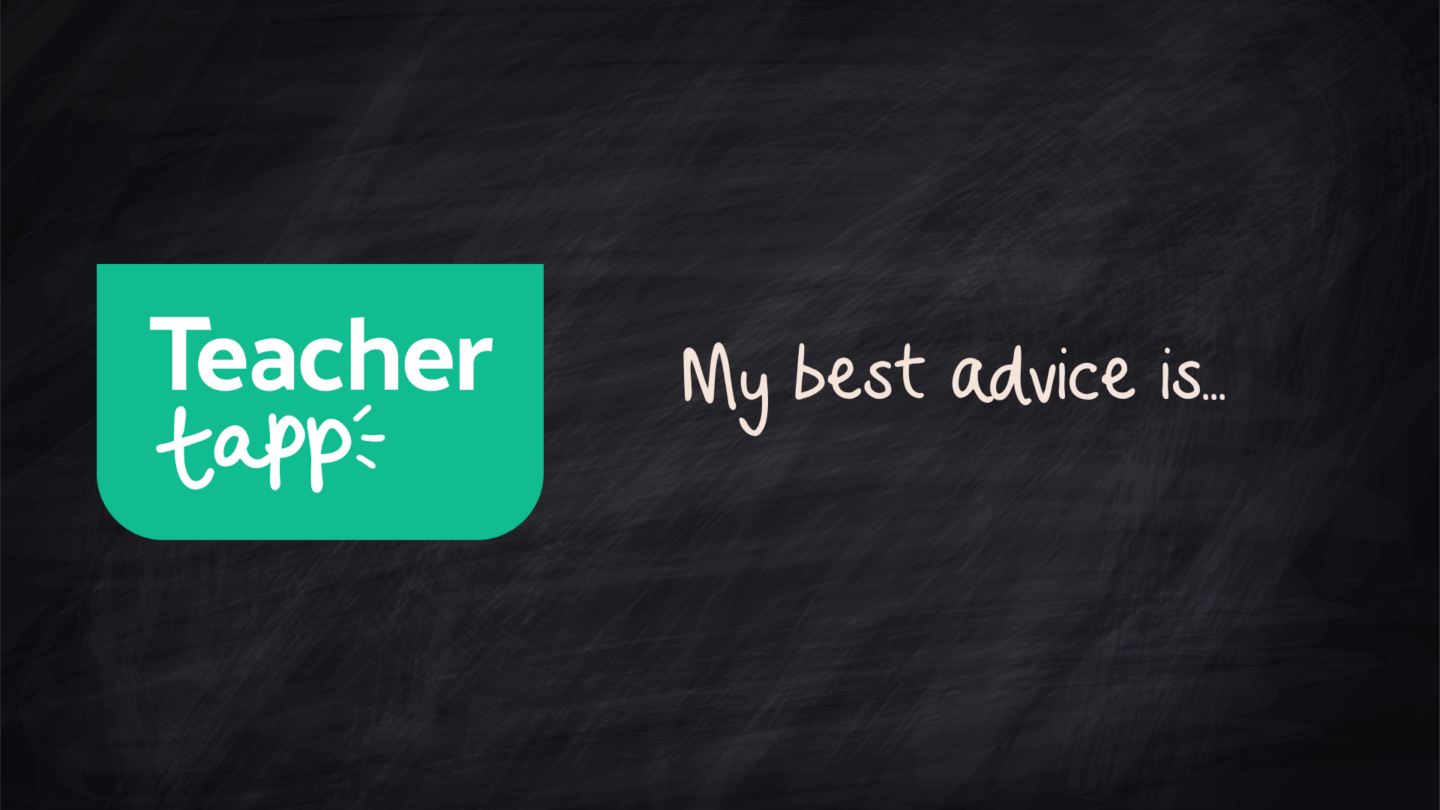Hello Teacher Tappers!
It’s that time of year when you might be looking at your weather apps in despair 🌧️- but do not fear the wet break duty! Here at Teacher Tapp we have another competition for you…and it’s just in time for April showers ☔️.
This month, our prize draw winner will be sent TEN Teacher Tapp umbrellas to make him or her the most popular teacher in the staffroom at breaktime 🦸🏽 And the great news is you’re all already entered – all you have to do is answer questions every day as usual, and every twenty questions gets you a ticket in the draw. Ts and Cs here.
Check your app today to see how many tickets you’ve clocked up already – and how many to go until your next one 📱.
How has behaviour changed?
Since the lockdowns, there has been a rise in school exclusions and suspensions.
We asked you about it recently (see previous blogs here and here) but this week we asked about how concerned you are that poor behaviour is affecting learning…
And what jumps out is the difference as we track your responses over time.
We can see a clear increase in concerns about behaviour affecting learning in both primary and secondary, with the number of you replying ‘not concerned at all’ in secondary dropping from 64% reported in February 2019 down to 52% now.
In primary, that drop is even more severe. This week just 44% of you said you’re not concerned at all, compared to 60% before the lockdowns.

But is this the same experience whatever subject you’re in? Broadly, yes. It doesn’t really matter whether you’re a teacher of maths art – you’re equally worried about behaviour impacting the learning that should be taking place 🥺. Copy for whether you’re teaching the juniors or infants.
So what DOES make a difference to your views? 🤔
Mainly, the length of time a teacher has been in the classroom. Those of you with more experience were far more likely to be tapping ‘not concerned at all’ with the biggest ‘jump’ taking place between those teaching less than five years, and those in the 5-10 bracket.
What might this tell us about teaching? Are you a teacher who has spent longer in the classroom and recognises that ‘shift’ that takes place around the fifth year? Let us know what you think on socials 📱.
How much should schools fine for absence?
Last week we asked how absence was impacting learning in your classrooms – this week we asked about the new proposal to increase the fixed term penalty notice fine from £60 to £80.
Before the lockdown, only 18% of secondary teachers felt lateness and absence was affecting learning. That’s doubled today to 36%.
But when it comes to sanctioning families with fines, the policy is distinctly unpopular, with 41% of teachers saying that if they were in charge they wouldn’t use financial charges at all.

This was especially true among those of you who have been teaching for longer: 48% of teachers working for more than 30 years said they wouldn’t fine parents for absence, compared to only 35% of those new to the profession. (However, where more teachers did opt for a fine they went for more expensive ones compared to their less experienced colleagues!)

Behaviour is the number one priority
We’ve already talked a lot about what teachers think of behaviour in their classrooms – but when it comes to whole school plans – what do teachers think school leaders should prioritise?
The answer depends on your role!
Classroom teachers are much more keen for their leaders to improve behaviour than anything else. Meanwhile, heads believe leadership should be improving curriculum, assessment and adaptive teaching. Which is quite amusing, when you think about it, given that each group is picking the thing the other group spends most time on! 😲

What do YOU think is behind this difference? Share your theories with us online or in the app…💬.
How do teachers feel about Ofsted?
The job of Ofsted is to grade schools – so what does it look like when that is reversed and schools grade Ofsted?
This week we asked you to do exactly that – a question we also asked in 2018, 2019 and 2023.
Unlike the increasing number of schools achieving good or outstanding – Ofsted’s popularity is on the decline…

If we focus just on those extreme ends of the spectrum – those giving Ofsted 1 (the worst score) and those giving it 9 (the best score), the proportion at the positive end of the scale haven’t changed – but there has been a significant surge in the negative end – by 16 percentage points.
Fun fact – we originally used this 1-9 scoring when the announcement came to swap GCSEs to 1-9. So if we take anything 3 and below to be ‘unacceptable’, the majority of teachers (67%) wouldn’t give Ofsted a passing grade, versus 38% in 2018.
Now Sir Martyn Oliver is in charge of Ofsted and running the Big Listen will we see a change in perception of Ofsted? Get in touch and let us know your thoughts on why you gave Ofsted the rating you did.
Ups and Downs
On the rise 📈
World Book Day: 📚 In 2019, 84% of you celebrated World Book Day – this year it was 90%! 🥳
Heading down 📉
The two year science key-stage four fans: This week only 20% of science teachers said they thought GCSEs should start in year 10. This is a massive drop since 2018 when it was 42%.
Daily Reads
Our most read daily read this week was Adam Robbin’s blog: Checking or Proving Understanding
If you would like to read the rest you can find them here 👇





